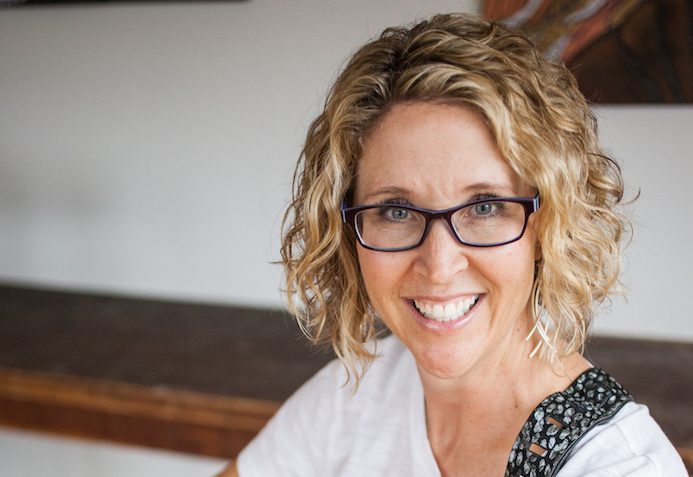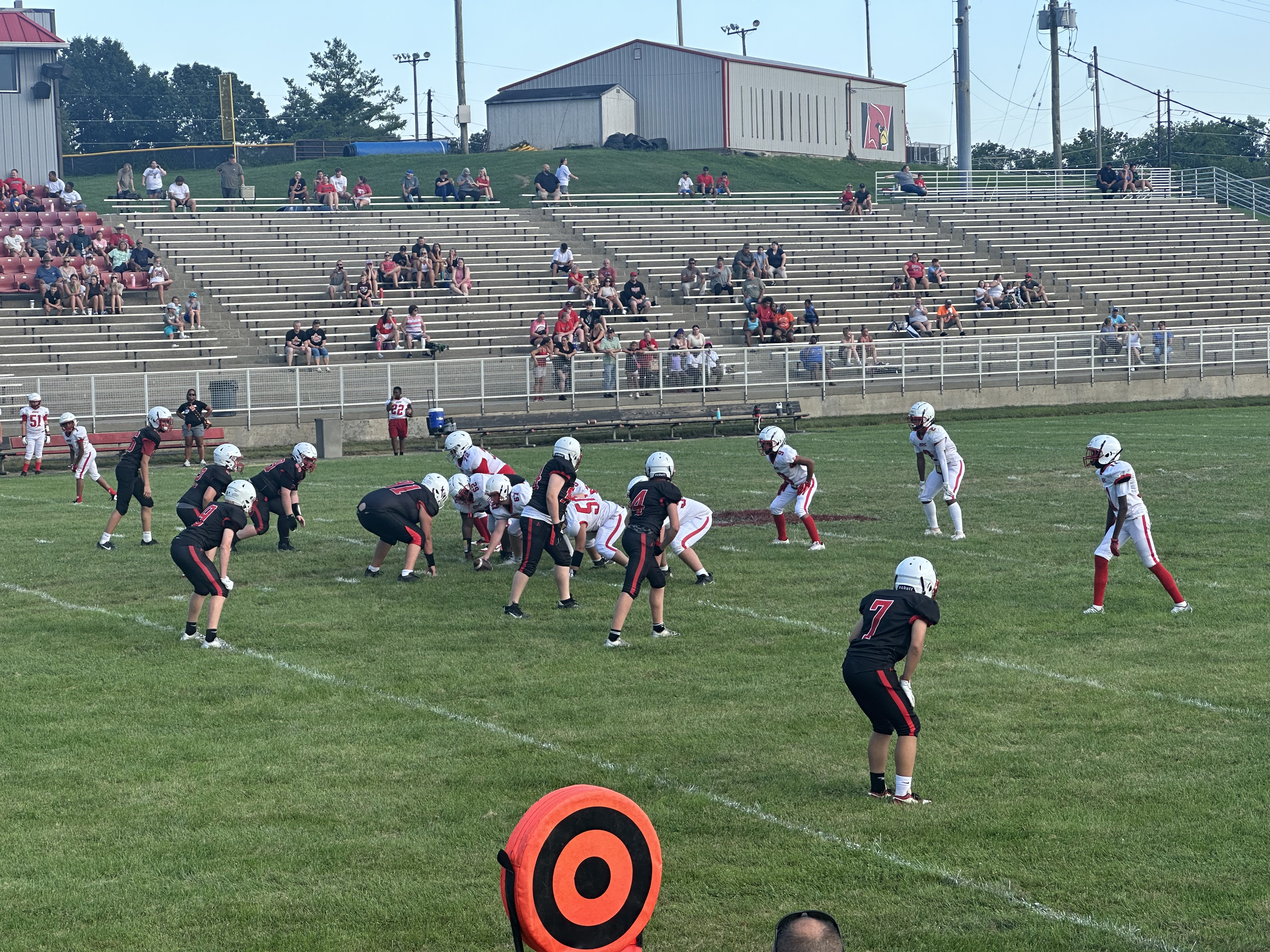Seeking Connection: True happiness comes from contentment
Published 10:13 am Monday, June 10, 2019

- Erin Smith is the owner of the OM place in Winchester, the author of “Sensible Wellness” and the online host of the OM channel. Follow her on Twitter @erinsmithauthor.
“It’s so simple to be happy; it’s so difficult to be simple…” ~ Thiruvalluvar
I have a friend who decided to sell her farmhouse. It was too far from town for her tastes. There were too many acres to mow. The hundred-year old doors rattled in the wind and the adjacent barn leaned a bit to the left. So she contacted a real estate agent and put her place on the market.
At the first showing, her agent called with three offers. So many people wanted this “charming and peaceful farmhouse”. The potential buyers called it an “idyllic homestead” that was “just close enough to town.” One lady loved the “bonus barn that would be perfect as my writing studio.”
Trending
“It was so funny,” my friend recalled as she told me what happened. “It took seeing my home through the eyes of others to realize how much I loved my little farmhouse. I just needed some perspective. I took the house off the market, painted the kitchen a cheery yellow, and turned the barn into a place I could paint. And I’ve never been happier.”
We’re all like that a bit, I think. Humans aren’t hardwired to be content. Rather, we always think the grass is greener on the other side of the fence. We believe ourselves to always be just on the precipice of happiness.
My friend thought she would finally be happy when she sold her house. You might tell yourself that you’ll be happy when you get promoted or lose the baby weight or marry your soul mate or pay off the mortgage.
Neuroscientists call this kind of yearning “arrival fantasy,” or the belief that happiness lies at a certain destination. And it’s no wonder. Our happiness is undermined with messages that seek to persuade us that we should be discontented and that contentment is only one small step away. Our brains tell us that we will be content as soon as we use that, buy that, think that, eat that, wear that, try that, drive that, believe that.
Making matters worse is the fact that we are hardwired to have a bias toward negative experiences. Psychologist Rick Hanson, a heavyweight in the mindfulness world, likes to say that the brain is Velcro for negative experiences and Teflon for positive experiences. I say it differently: The bad stuff just sticks.
This makes evolutionary sense. Primal Homo sapiens lived in a world fraught with danger. Every day was filled with wild animals that wanted to eat them, plants that might be poisonous, or small cuts that quickly turned into seeping, gangrenous limbs. Tiny mistakes often led straight to death, and the ones who survived were the dudes who remembered which berries killed their friends or how to climb a tree to escape a saber-toothed tiger.
Trending
While this so-called negativity bias helps to keep us safe, it doesn’t help make us happy. Instead, it causes us to see a drafty, dilapidated hovel instead of a cozy, charming farmhouse.
But peace lies in choosing to be content with what we already have and who we already are. The ancient yogis called this santosha, or active contentment. It’s a state of calm pleasure without disruptive desires.
The wrinkle is the “active” part; santosha is not a passive state of being. We must choose to override initial feelings of annoyance or judgment with grateful assessment and balanced perspective.
Because if you cannot learn to be happy in this moment, no amount of money or fame or beauty or material possessions will ever fill you up.
Biology created us to be dissatisfied; contentment must be practiced through mindfulness and meditation.
Now contentment isn’t the same thing as complacency. Santosha doesn’t mean that you shouldn’t set goals for yourself. We derive meaning from life by growing, learning, and challenging ourselves. Practicing contentment makes us grounded, stable, and balanced.
This state of steadiness means we are more apt to achieve our dreams and we are more likely to let go of our expectations about the goal. When we aren’t single-mindedly focused on a single result, we open ourselves to finding more joy and peace in every outcome. We no longer define ourselves by what has happened in the past, or what we haven’t yet experienced. We feel wholeness in this moment.
Want to work on seeing your life as a fairy tale instead of a tragedy? Check out my free mindfulness exercises at https://vimeo.com/showcase/5442762 (most only last about two minutes).
Erin Smith is the owner of the OM place in Winchester, the author of “Sensible Wellness” and the online host of the OM channel. Follow her on Twitter @erinsmithauthor.





